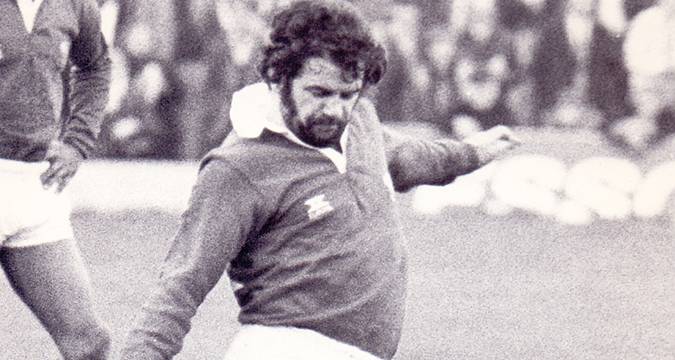 DAVID WATKINS (March 5, 1942 - September 3, 2023)
AS the Rugby Football League has pointed out, former dual-code international and Salford skipper David Watkins will be remembered as "one of the best cross-code converts from Wales".
The versatile back, who has died aged 81, represented both his country (21 times in union, then 16 in League, a
DAVID WATKINS (March 5, 1942 - September 3, 2023)
AS the Rugby Football League has pointed out, former dual-code international and Salford skipper David Watkins will be remembered as "one of the best cross-code converts from Wales".
The versatile back, who has died aged 81, represented both his country (21 times in union, then 16 in League, a Obituary: David Watkins – A Salford and Wales icon
 DAVID WATKINS (March 5, 1942 - September 3, 2023)
AS the Rugby Football League has pointed out, former dual-code international and Salford skipper David Watkins will be remembered as "one of the best cross-code converts from Wales".
The versatile back, who has died aged 81, represented both his country (21 times in union, then 16 in League, a
DAVID WATKINS (March 5, 1942 - September 3, 2023)
AS the Rugby Football League has pointed out, former dual-code international and Salford skipper David Watkins will be remembered as "one of the best cross-code converts from Wales".
The versatile back, who has died aged 81, represented both his country (21 times in union, then 16 in League, a 